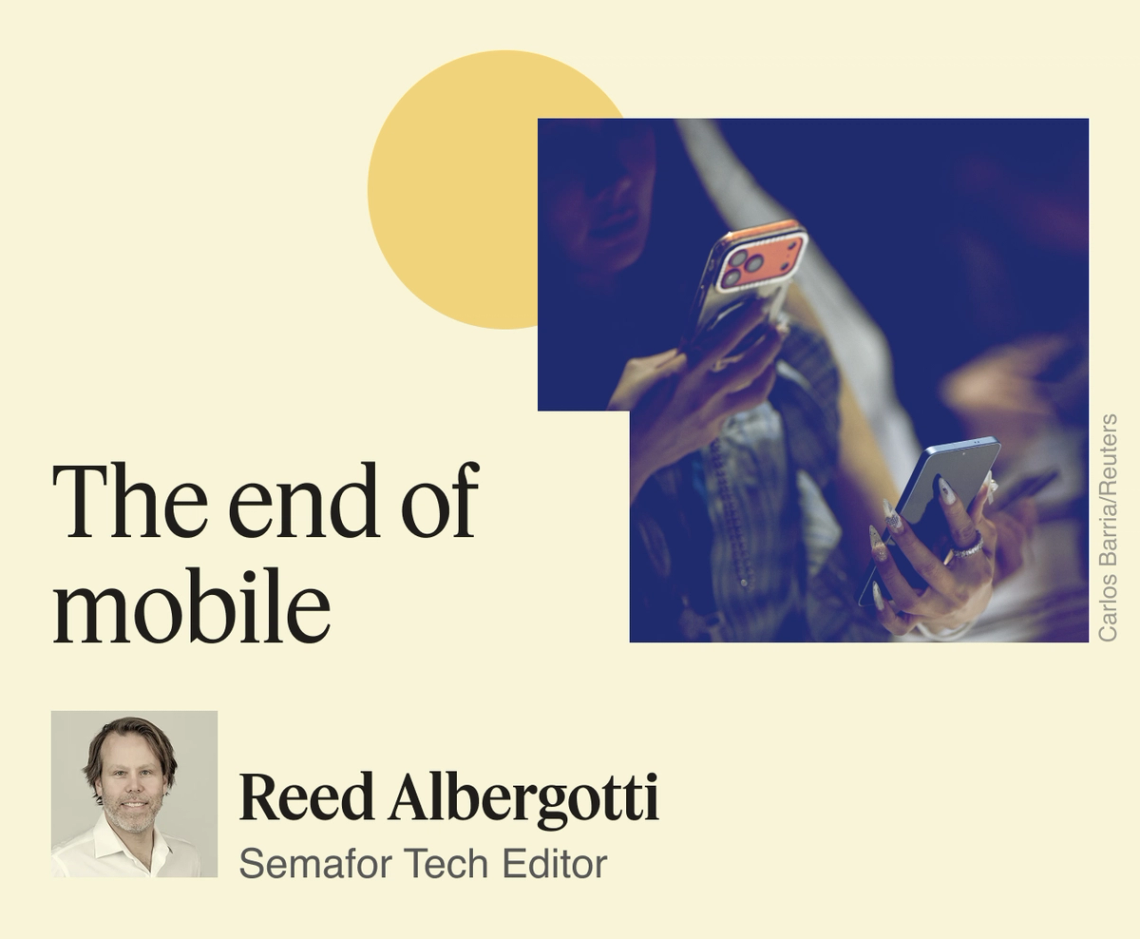 Samsung gathered reporters in San Francisco this week to highlight new mobile AI features and showcase the future of smartphones. I left with the opposite takeaway: The end of the mobile era is near. Samsung should be worried, and Apple should be terrified. Many of Samsung’s and Apple’s newest AI features — like message summaries and photo recommendations — seem quaint when you think about how AI power users are now hooking up hundreds of AI agents with tools like OpenClaw to schedule appointments, answer emails, and zoom through work tasks. The Samsung rollout reminded me of covering tech in the 2000s mobile transition, when legacy tech giants clung to desktop computing and missed the magnitude of the shift to phones. Now, companies are treating AI as a smartphone feature. In fact, it’s a novel technology that reduces the need to use a handset at all. This shift won’t happen overnight — and it won’t impact handset makers equally. Google, for instance, designs custom AI chips for its own data centers, leads in AI research, and has its own mobile operating system. There’s also a larger moat around Samsung, which also makes chips and displays. But Apple is the most exposed. Its business centers around the iOS walled garden and the services and accessories that depend on it. It’s not a hyperscaler like Google, and its AI expertise is lacking. It’s great at building hardware — but as we’re about to find out, again, the hardware business is a perpetual race to the bottom. |